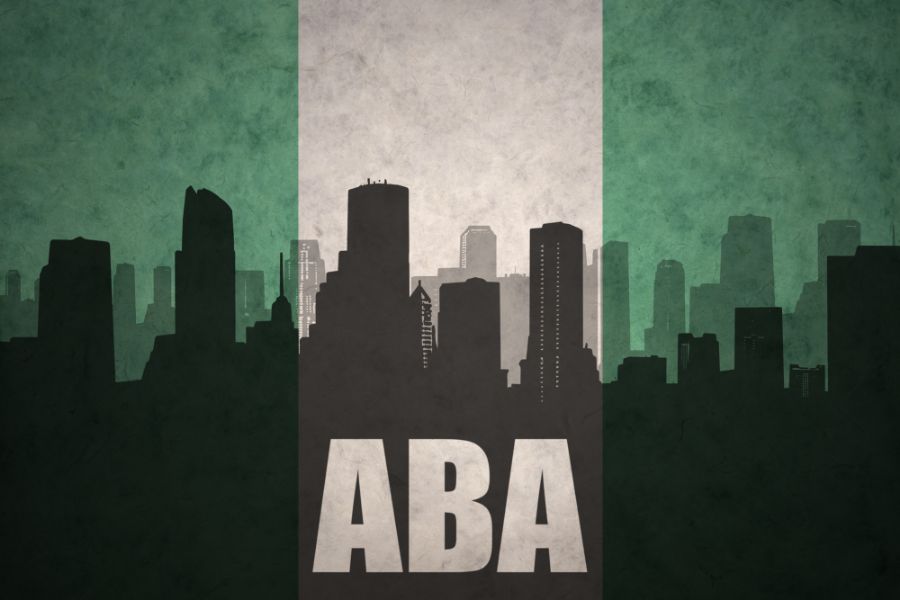Effectiveness and Benefits of ABA Therapy for Kids

According to Psychology Today, Applied Behavior Analysis (ABA) is a type of therapy that focuses on improving specific behaviors, such as social skills, communication, reading and academics as well as adaptive learning skills, such as motor dexterity, hygiene, grooming, domestic capabilities, punctuality and job competence.
It has been proven that ABA can significantly improve behaviors and skills and decrease the need for special services.
Here are the ABA benefits for kids:
- A child’s early experiences have a significant influence on brain development therefore therapy that starts as early as possible can greatly improve success in life and school. It is seen that children who begin ABA before the age of five years gain significant adaptive and cognitive skills than those who begin after five.
- Learning basic skills such as communication, self-care and social skills improves greatly compared to other methods.
- ABA therapists will work closely with children and understand how the child learns, why certain behaviors occur, and where the need for improvement is before developing activities and rewards to teach them.
- ABA has proved to greatly improve academic performance by helping with focus, memory and IQ. It has also shown to improve non-verbal communication, language skills and the ability to speak.
- ABA results in a substantial decrease in problem behaviors, especially in children prone to self-harm and wandering.
How Does It Work?
The ABA therapy for autism is tailored for your child’s specific needs and involves these phases:
- Consultation and Assessment
At first, the therapists analyze your child in a consultation step called functional behavior assessment (FBA). They will inquire about the child’s abilities, strengths and challenges and interact with your child and observe their communication, behavior and life skills. They may even observe your child in school and come up with strategies that need to be integrated at home.
- Development of Plan
The initial consultation helps the therapist make a formal plan for your child’s treatment. This would involve interventions that are unique to your child’s personal needs and ultimately aimed at treatment goals. The goals normally relate to decreasing problem behavior such as self-injury, tantrums, building life skills or improving communications.
- Parent/Caregiver Training
It is also essential to train the caregivers, parents and teachers in practices that reinforce the desired behaviors outside of therapy. You will be taught methods that help work that goes into therapy and also reduce counterproductive behaviors such as giving in to tantrums.
- Evaluation and Change
The therapists will try to figure out causes to problem behaviors and work with your child to improve or change them. The approach might even be changed during the course of the therapy depending on how your child responds and performs. Frequent monitoring and evaluation will help the therapist understand what works and what needs to change.
What Can Children Learn Through ABA?
The ABA programs involve these common learning outcomes:
- Receptive Language Skills
This is basically how well your child can understand language and responds to what they are asked to do. Examples include give me the yellow car, touch your nose or open the book to page ten, etc.
- Expressive Language Skills
ABA helps with spoken language skills. Your child will be able to imitate sounds, words or sentences. They will also learn to say the names of objects, animals and other things.
- Social Language Skills
Social language skills show how well your child can interact with others using language. Some examples include asking a simple question, asking for someone to play with them or sharing items with a friend.
- Self Help Skills
Self-help skills will enable your child to use the toilet independently. It also includes eating and drinking and dressing independently.
- Academic Skills
This one involves how well your child can participate in classroom activities. They should be able to wait for their turn in a group activity, develop requesting skills and transition from one activity to another.
- Decrease Challenging Behavior
Challenging behaviors make it hard for your child to socialize, they involve biting, kicking, shouting, throwing and ignoring instructions. The ABA treatment helps strengthen appropriate behaviors that make them socially acceptable.
New York Therapy Placement Services, Inc. offers this service and we have trained professionals and therapists that can be of help to your child!